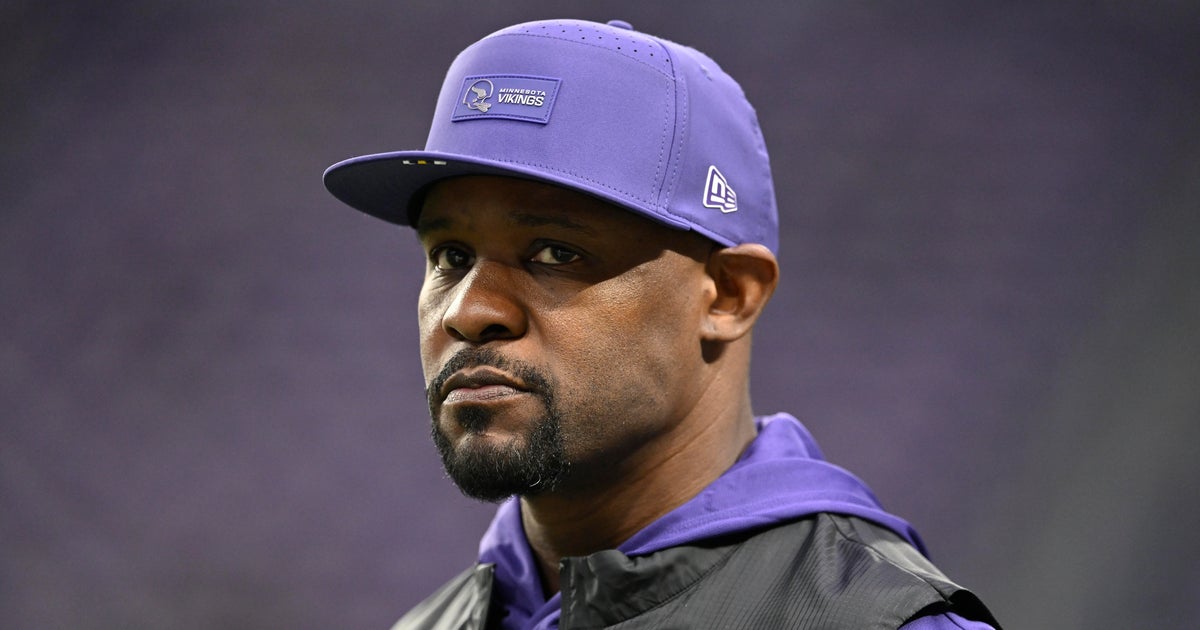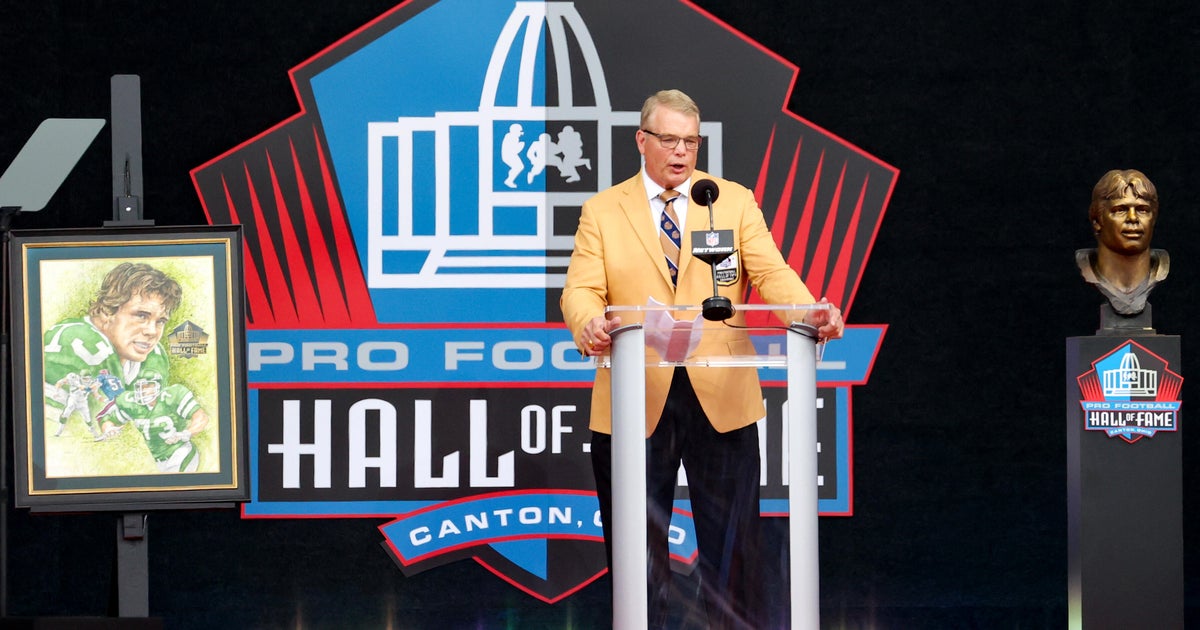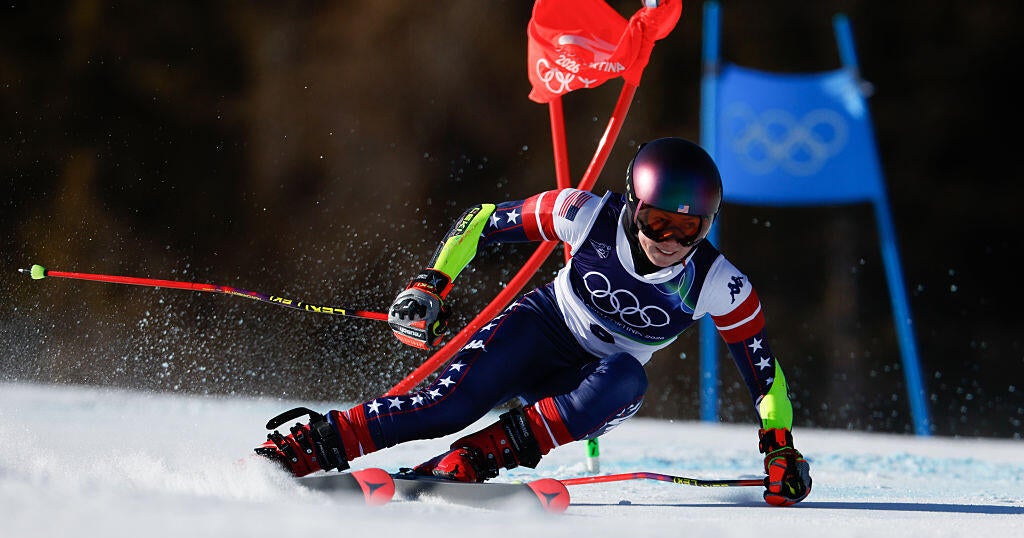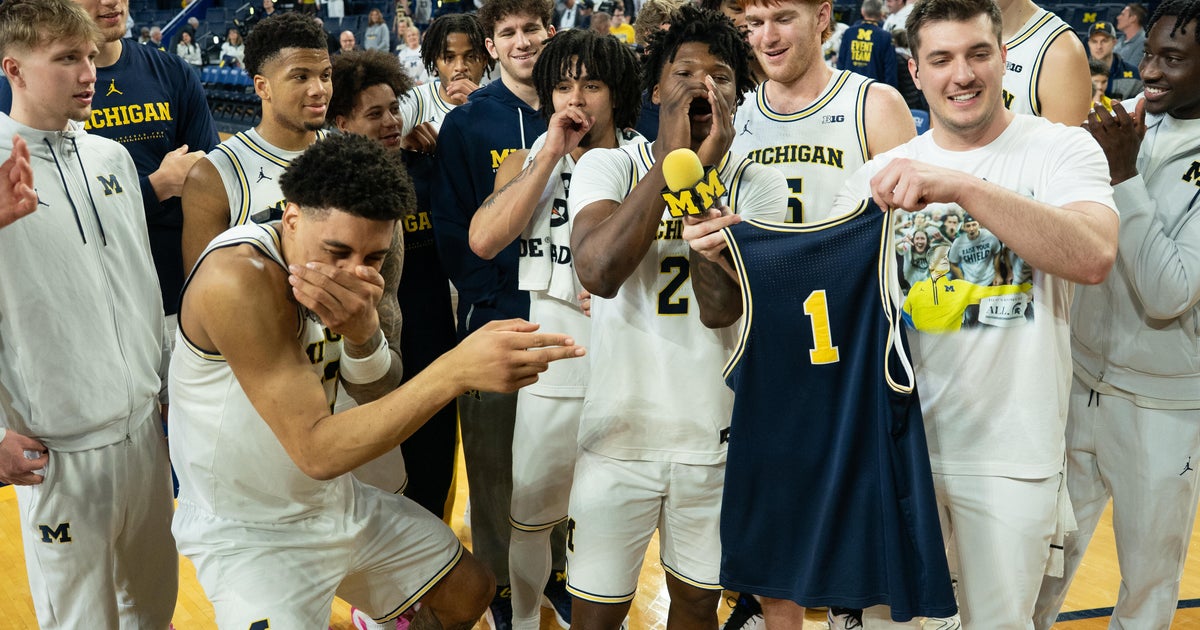Remembering New York Giants Player Joseph "Doc" Alexander, A Jewish Football Legend
By Nicole Siegel
As the NFL draft approaches and so does Jewish History Month, it is important to remember the achievements of Jewish athletes, often forgotten, who helped shape the game and whose experiences highlight the experience of many Jewish athletes.
During the early years of the game two players were often prominent in descriptions of Jewish professional NFL Players – Benny Friedman and Joseph Alexander. Both, along with a few others, became symbols of Jewish achievement, but also faced prejudice that shaped the NFL's early years. A lot has been written about Benny Friedman (Browns, Giants), a player whose skill at passing reshaped football. Joseph Alexander, is not as well remembered.
Joseph Alexander ("Doc"), was a Jewish physician who played for the Rochester Jeffersons until 1925, when Tim Mara bought and founded the New York Giants football team. Alexander became the first player signed to the new team and helped lead them to victories, culminating in the Giants' first title in 1927. Alexander acted as both player and head coach following the departure of Bob Folwell [1]. Alexander also played in the 1927 winning season, under Earl Poettiger [2]. After 1927, due to a more active medical practice, Alexander retired from coaching and after that season, from football. He briefly returned to coach the CCNY team with Benny Friedman [3]. Alexander died in 1975, at the age of 77, a well-respected expert on lung disease who was remembered for his time on and off the field.
Alexander is a significant figure whose legacy is important to remember for a number of reasons. First, in terms of New York Giants history, not only was he the first person signed to the team, he was the first player-coach to lead the team to their first title win (even though it was before the Super Bowl). He is one of only three Giants coaches to win their first two games as head coach [4]. Second, for the impressive legacy of being able to play and coach professional football while a medical student, and later an active medical doctor. Third, and perhaps most important, for the hero image he provided to a Jewish community who looked up to athletes. For most ethnic communities in the US, sports were a way to assimilate into the larger culture [5]. Alexander and other Jewish football players became a symbol both of the overwhelming racial prejudice that American Jews had faced and would face again after the 1920s, but also of the possibility of the American dream and the ability to overcome that prejudice to succeed.
In this day and age, with the rise of anti-Semitism in and out of sports and the lack of Jewish athletes in American sports, it is important to remember the legacy of those whose efforts helped shape the game and inspired a generation looking for heroes.
[1] John Maxymuk,. NFL Head Coaches: A Biographical Dictionary, 1920-2011. (Jefferson, N.C.: McFarland & Co.), 2012 353;
[2] John Maxymuk,. NFL Head Coaches: A Biographical Dictionary, 1920-2011. (Jefferson, N.C.: McFarland & Co.), 2012 353
[3] Friedman is arguably one of the greatest unknown players of the game. He and Alexander were often linked together due to the fact that they were both incredible Jewish athletes at a time when there were few of them. Friedman was considered the NFL's first great passer and is also one of the few New York Giants to make it to the Hall of Fame.
[4] New York Giants Media Guide, pg. 398
[5] Dart, Jon. "Sport and British Jewish Identity." International Review for the Sociology of Sport, (September 2020).







